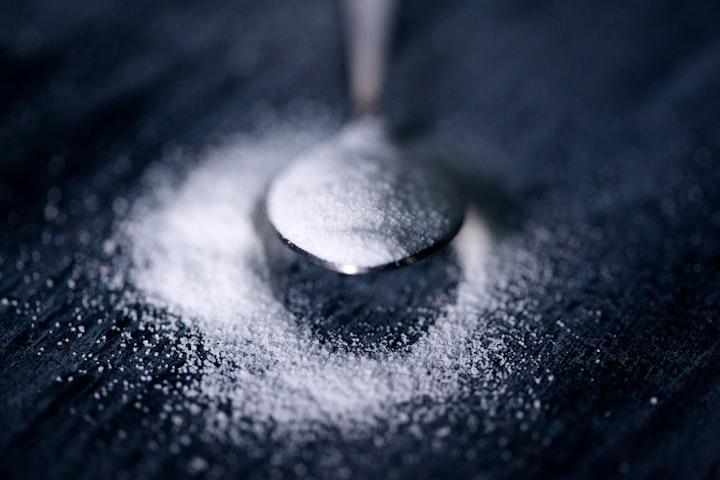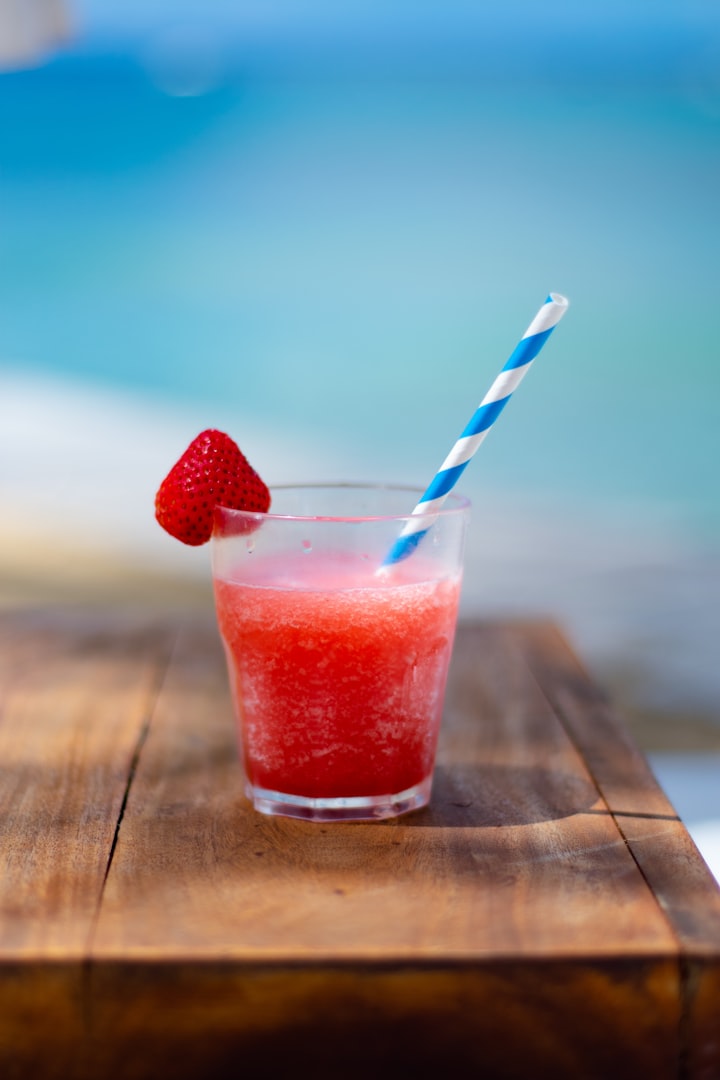
Saccharin is a non-nutritive sweetener that has been used for over 100 years. It is hundreds of times sweeter than sugar, so only a small amount is needed to sweeten food and beverages.
Saccharin does not promote tooth decay because it is not metabolized by bacteria in the mouth.
Consumption of non-nutritive sweeteners like saccharin has been shown to help with weight management and may also help people to control their blood sugar levels. Saccharin is a safe and effective alternative to sugar for people with diabetes.
Saccharin does not provide any calories or nutrients, so it is a good choice for people who are trying to lose weight or manage their blood sugar.
Saccharin is also available in a range of flavors, so it can be used to sweeten many different types of food and drinks.
What are the cons to saccharin?
Saccharin is not metabolized by the gut flora so it can cause some gastrointestinal problems like diarrhea and constipation.
People who are pregnant or breastfeeding should avoid saccharin because it has not been studied in these groups.
Saccharin can also interact with some medications, so people taking medication should speak to their healthcare provider before using saccharin.

Where did saccharine come from?
The first saccharin compound was discovered in 1879 by Constantin Fahlberg, a scientist working at Johns Hopkins University.
He accidentally discovered saccharin while trying to find a new coal tar derivative. Fahlberg patented his discovery and started manufacturing saccharin for use as a sugar substitute.
Is saccharine safe?
Saccharin is safe for most people to consume, but there are some potential side effects. Some people may experience gastrointestinal problems like diarrhea and constipation after consuming saccharin.
Pregnant and breastfeeding women should avoid saccharin because it has not been studied in these groups.
People taking medication should speak to their healthcare provider before using saccharin because it can interact with some medications.
Despite these potential side effects, saccharin is still a safe and effective alternative to sugar for people with diabetes and those trying to lose weight or manage their blood sugar levels.
It is hundreds of times sweeter than sugar, so only a small amount is needed to sweeten food and beverages.
Saccharin does not provide any calories or nutrients, so it is a good choice for people who are trying to limit their intake of these things.

What are some of the foods that contain saccharin?
Many sugar-free and diet products contain saccharin. This includes sodas, juices, desserts, gum, and candy.
Saccharin can also be found in some prescription medications and over-the-counter cough syrups.
Why would saccharine be considered unsafe?
Saccharin is considered unsafe for pregnant and breastfeeding women because it has not been studied in these groups.
It can also interact with some medications, so people taking medication should speak to their healthcare provider before using saccharin.
Can saccharine become addictive?
No, saccharin is not addictive. It does not provide any calories or nutrients, so it is not possible to become addicted to it.
Is there a difference between the artificial and natural forms of saccharin?
The two types of saccharin are essentially the same. The only difference is that the artificial form is made in a laboratory, while the natural form is found in some fruits and vegetables.
Some of the substitutes for saccharin include aspartame, sucralose, and stevia. These substitutes are all artificial sweeteners that provide a similar level of sweetness as saccharin.
Aspartame is the most popular substitute, and it is found in many diet products. Sucralose is found in Splenda, while stevia is a natural sweetener that is derived from a plant.
I look at like this, if ants don't want to be bothered by this stuff then how is it good? Think about this. It's synthetic sugar.
There are other sugar substitutes that are safe for diabetics such as Xylitol is one.
About the Creator
Digicash420
I am a blogger, I also write on medium and have a website. The URL is digiwhealth.com
This site is giving us writers a wonderful opportunity to link up and grow from one another.






Comments
There are no comments for this story
Be the first to respond and start the conversation.